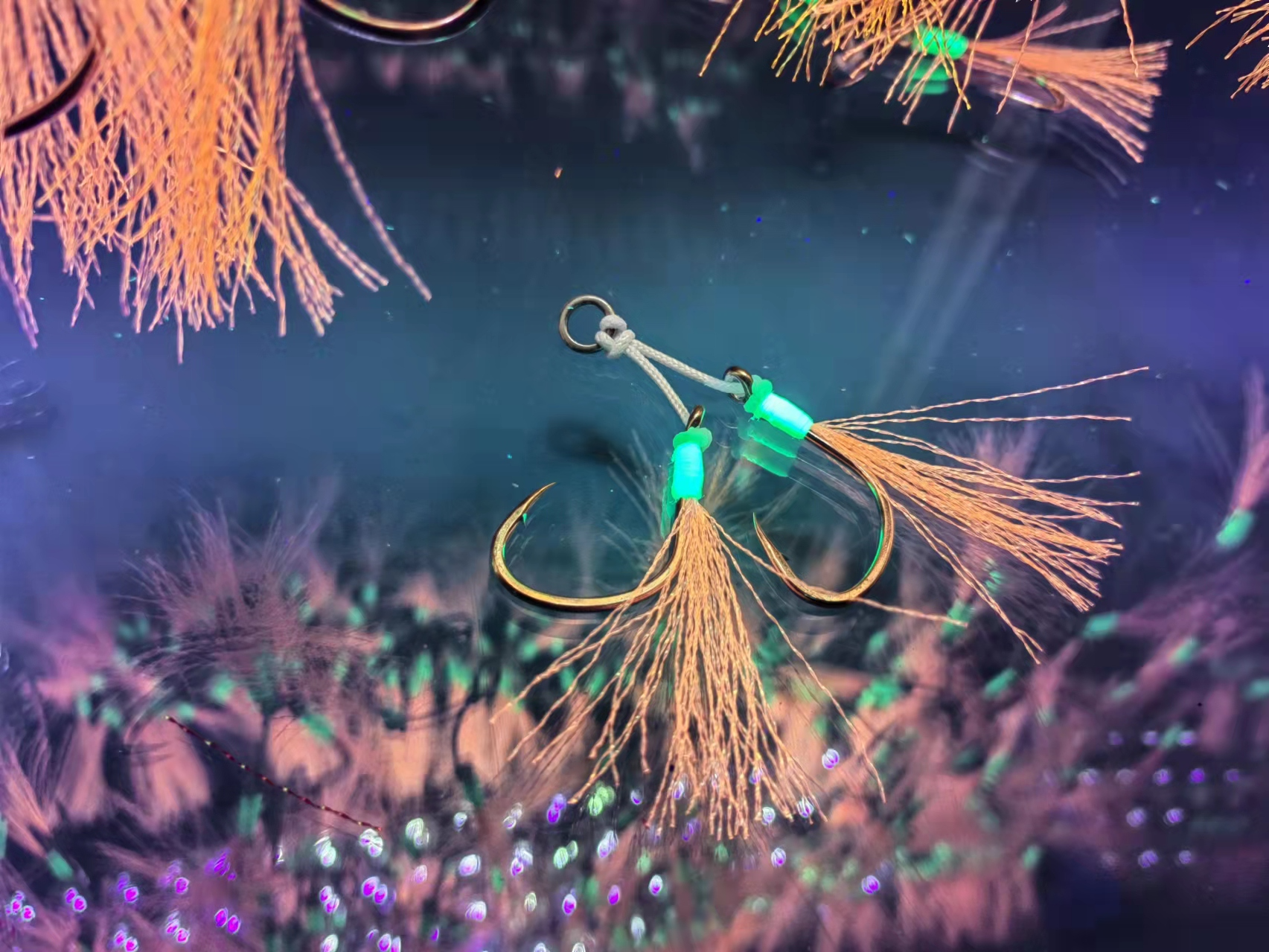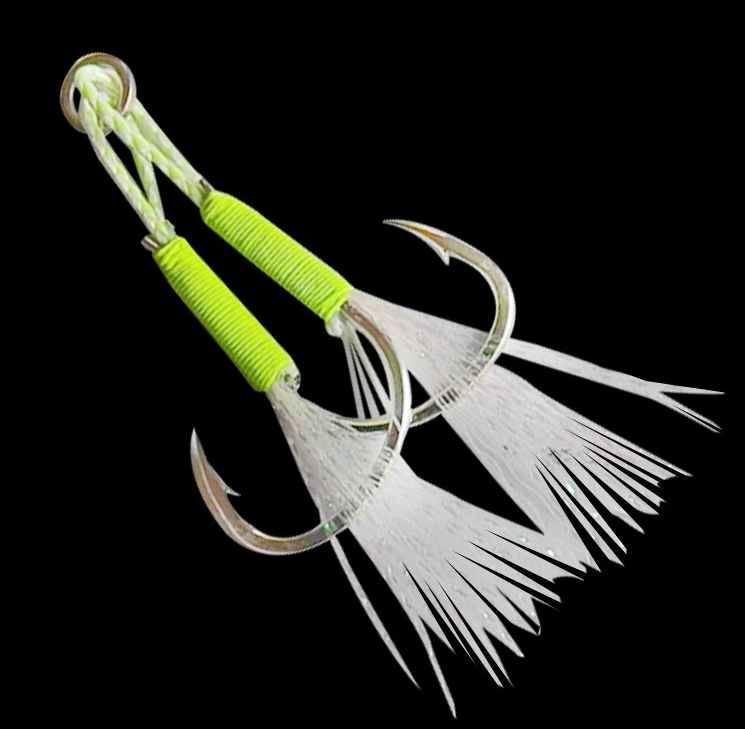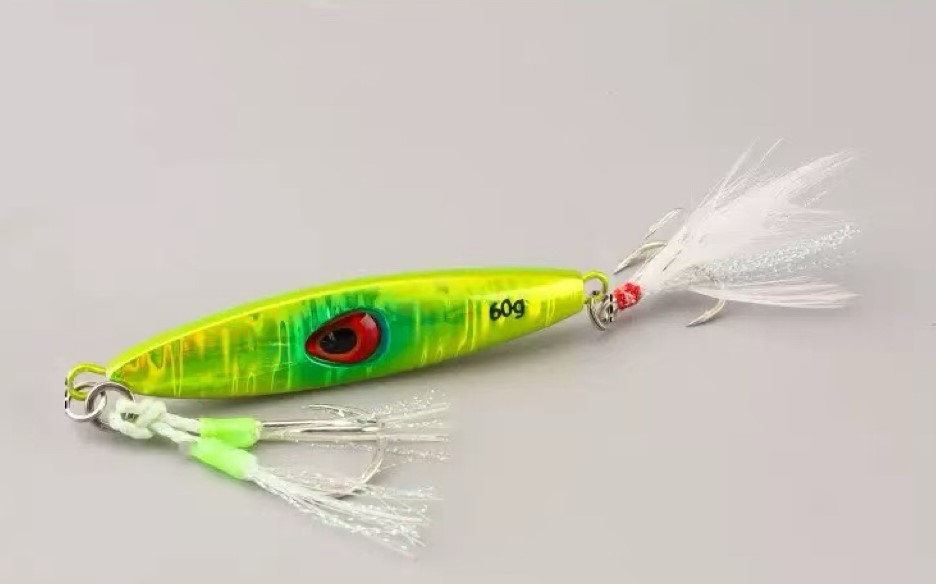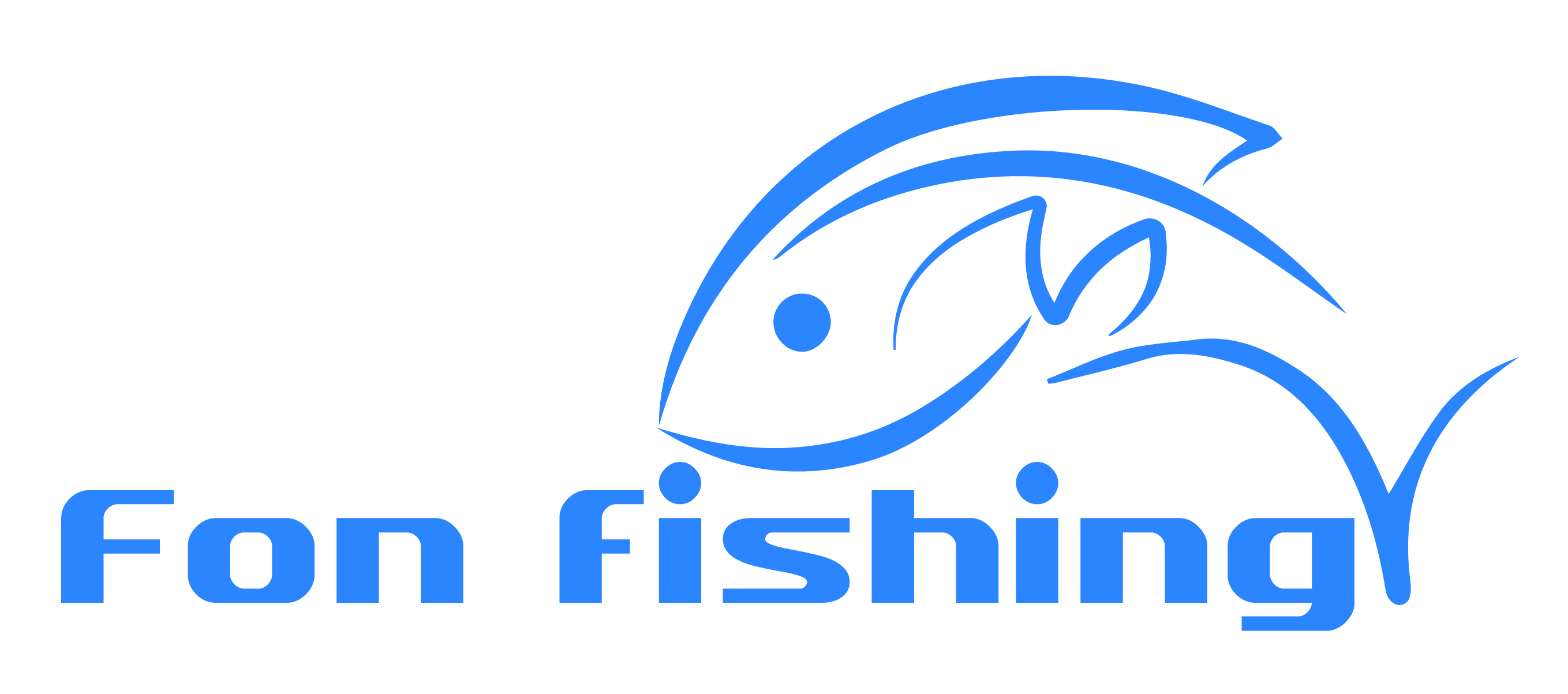Fishing is more than dropping a line in the water; it begins with the small details, and the hook is the most overlooked yet decisive one. A good hook holds its sharpness, stands up to pressure, and resists the bite of saltwater. For someone starting out, the choices online can look endless and confusing. A safe way forward is to buy from a company that already built its reputation on strict quality checks and reliable supply. Laike has been producing tackle for over ten years with its own factory in Weihai and exports to more than twenty countries. It is not just a name; the company is known for careful inspections at every step, stable delivery, and a service team that answers questions quickly.

How Can Beginners Judge the Quality of a Fishing Hook?
The first thing you face when scrolling online catalogs is how similar hooks look. But quality shows up in a few places: the steel used, the way the point is shaped, and whether the supplier tests batches before shipping. These questions matter because a hook that bends or rusts too soon can ruin an entire day on the water.
Material Strength and Corrosion Resistance
Carbon steel is the old favorite in this industry because it combines strength with a decent lifespan, especially if coated. A reliable option is the Strong Carbon Steel Jigging Assist Hooks, built for heavy pulls without snapping. Beginners usually do not carry spare gear, so avoiding weak metal means fewer bad surprises.
Sharpness and Design Precision
A hook is only as good as its point. When the barb is precise, it slides in quickly and stays put. The Metal Jig Hook shows how design helps beginners—it comes in multiple sizes, each carefully made to match different fish without overcomplicating the setup.

Factory Standards and Certifications
Hooks mass-produced without checks often have uneven barbs or flawed bends. Consistent inspection systems such as ISO-level oversight make a difference. Beginners should value suppliers who mention these controls because it shows the gear is tested, not just shipped.
What Features Make a Fishing Hook Beginner-Friendly?
When you are new, simple gear that works across many setups keeps things easy. Beginner-friendly hooks reduce the learning curve and still perform well when a fish strikes.
Ease of Use and Versatility
Hooks that match both saltwater and freshwater styles help you practice without buying dozens of models. Assist hooks and jig hooks cover many of the common rigs, making them suitable starting points.
Value for Money Without Sacrificing Quality
For early buyers, it is tempting to go for the cheapest pack. But gear that lasts longer saves money. The hooks mentioned earlier balance fair pricing with long service life, a useful combination when you are still testing your style.
Safety and Reliability in Handling
A hook that snaps under load is not just a lost catch—it can cause injury. Strong carbon steel construction provides peace of mind, giving you safe handling even under pressure.
Where Should Beginners Buy Fishing Hooks Online Safely?
The internet is full of sellers, and not all deliver what they promise. Knowing where to click is part of buying reliable gear.
Verified Official Websites
Unofficial marketplaces may list similar products, but the risk of knock-offs is high. Buying directly from an official site gives you authentic hooks and real support.
Clear Product Descriptions and Specifications
Beginners should always read product pages carefully. Reliable sellers list material, size, and even the number of hooks in a pack. This avoids mismatched gear that could waste your time.
Secure Payment and Reliable Shipping
Trusted suppliers invest in logistics and safe checkout systems. Smooth delivery is part of reliability, especially if you fish in areas where delays shorten the season.

Why Is Brand Reputation Essential for First-Time Buyers?
Price tags online do not always tell the truth. Some hooks cost less but fail under stress. Laike with history and clients around the world gives you more than just metal; it offers a form of trust.
Years of Industry Experience
The company that has been building gear for more than a decade has tested enough designs to know what works. This lowers the chance that you end up with hooks that cut corners.
Global Export and Customer Trust
When a supplier ships to twenty or more countries, including markets with strict import checks, it signals steady quality. Beginners benefit because the same hook in your cart is already used in places like Japan and the United States, where anglers do not forgive poor gear.
Customer Service and After-Sales Support
Reliable buying is not only about the steel but also about the reply you get when a question pops up. A clear service channel and quick answers mean you are not left guessing about size charts or shipping delays.
How Do Beginners Match Hooks with Target Fish?
Not every hook fits every fish. A mismatch means missed bites or broken gear. Choosing the right size and type is the step that makes your purchase truly reliable.
Size and Strength Selection
Hook size must match the fish. Small coastal fish need lighter sizes, while heavy jigging for large predators demands stronger options like carbon steel assist hooks.
Technique Compatibility
Each fishing style relies on different hook designs. Jigging hooks, for instance, are built for vertical movement and fast strikes, which is why they are recommended for new anglers learning active methods.
Environment Adaptability
Saltwater corrodes faster than freshwater. A hook with protective coating or carbon steel base handles both better. This adaptability means you spend less time worrying about rust.
What Mistakes Should Beginners Avoid When Buying Fishing Hooks?
Many first-time buyers make the same errors. Learning them saves you from wasted money and lost catches.
Choosing Based Only on Price
Cheap gear may look attractive, but weak hooks bend or snap. The hidden cost is frustration and lost fish.
Ignoring Product Reviews and Brand Info
Skipping reviews leaves you blind. Reading what other anglers say about sharpness, coating, and durability helps confirm if a hook is worth it.
Buying Without Knowing Hook Types
Not all hooks serve the same role. Beginners often grab a random pack and wonder why it does not perform. Knowing the difference between jigging assist and jig hooks already puts you ahead.
FAQ
Q1: What is the best hook size for beginners?
A: Start with medium sizes such as 1/0 or 2/0 because they cover a wide range of common fish.
Q2: Are carbon steel hooks suitable for saltwater?
A: Yes, carbon steel with protective coating is widely used in saltwater and holds up well against corrosion.
Q3: What is the difference between jigging assist hooks and jig hooks?
A: Assist hooks are tied with strong cords to attach to metal jigs, while jig hooks are solid single hooks for direct rigging.
